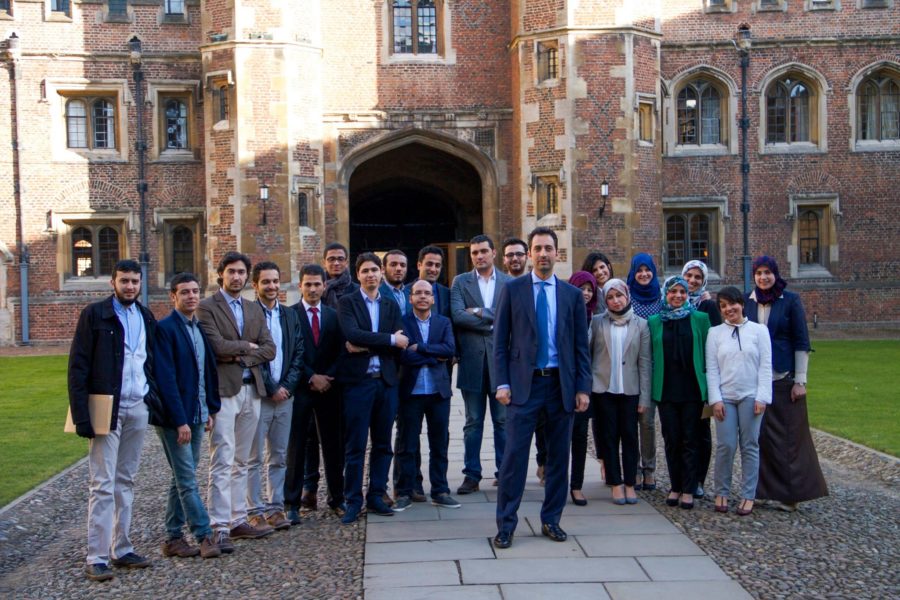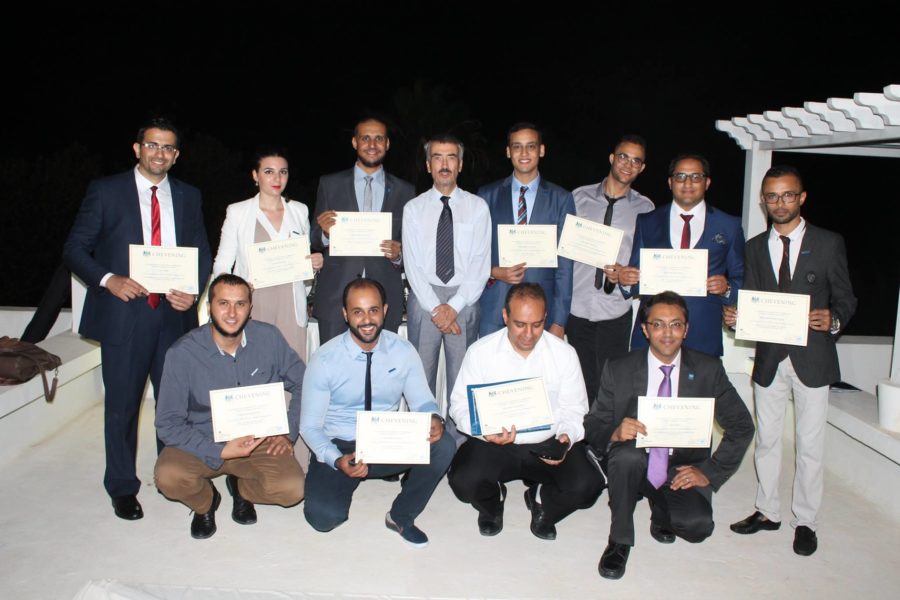26th August 2016 Tripoli, Libya
LIBYA’S YOUTH
My last visit to Tripoli included a meeting with young activists. They were very clear about what they wanted: a voice in their future.
They were no different from young people anywhere in the world. They wanted a better world: security, a job and a way to contribute to decisions that affect them. If you ask any group of young people, whether in the Middle East or in Europe, they would come up with a similar list.
The difference is that the proportion of young people in Libya is very high: over 50% of the population is under 30. Their unemployment rate is also very high: around 49%.
Young people play their part: they started the revolution, taking enormous risks in the face of overwhelming force. Young men are on the front line fighting terrorists and extremists in Sirte, Benghazi and Derna. They have taken a high rate of casualties and injuries.
They deserve a better future. And they can make a powerful contribution. Their energy, enthusiasm and enterprise can inspire the nation. Like young people anywhere, they have high ideals and principles and believe – rightly – that they can have a better future. There is nothing wrong with hope, but they need the tools through which to channel their drive.

Civil society organisations are a good way to mobilise their voice. Groups of young people can put together a common agenda: a shopping list of demands to their political leaders. Lobbying government, municipal councils and businesses is the best way for them to achieve change.
Communication must be two-way: the young people need to develop the confidence to present their case; and leaders have to be prepared to listen. This is work in progress; we stand ready to help by offering training and advice.
This process has to start at schools. Good education is a prerequisite for a healthy and thriving community. Schools need to teach young people how to harness their vigour and imagination and use their knowledge creatively.
Education has to be linked to future jobs. At present, many young people are part of armed groups or gangs involved in criminal activity such as kidnappings. Encouraging them to switch to new forms of employment, to put down their weapons and learn a new trade is a necessary part of any long-term security strategy. Integrating young fighters back into society will be a major challenge; it is vital to tackle it now.
The British Council is active in this area in Libya. Their Young Arab Voices programme has taught young men and women across Libya how to debate difficult and sensitive issues; how to listen to opposing views and respect them. The Council also handles English language exams and is discussing long-term education reform with the Minister of Education.

The United Kingdom is offering 17 scholarships to Libyan students this year. They will conduct post-graduate studies in the UK in a wide range of subjects, such as Public Policy, Health Management, Mobile Communications and Cultural Heritage. I met some of them this week and was struck by their positive attitude and desire to learn and then go back and contribute something positive to Libya. I look forward to meeting them again when they return.
A really inspiring initiative was launched last year by Tatweer Research who sent 23 science and technology students from Benghazi to Cambridge University to study science management. They are all now back in Libya working to use their new-found skills for the benefit of their country. The BBC made a film: Young, Clever and Libyan to highlight their experience.
A cynic once said: “Old age and treachery will always beat youth and exuberance.” I don’t agree. Young people are Libya’s future leaders. They have to find their voice and play a full part in rebuilding their country.
The main issue we face in libya and speacially in Cyrenican as youth groups, was the ignorance in the education system during the Gdafi Gov’s in last 42y, All the statistics we made in several countries (unofficial) was less the 10% of scholarships were from Cyrenican and the rest was from Triploi, this was not in education system only but was in healthcare system, jobs chances and the rest of govermental services. This issue extended in last five years after the 17feb revolution by all the govs based in Tripoli. So, during the discussions with the Cyrenican youth groups, the only conclusion every bodys is agreed about, the issue was in the system made by Gadafi and still some people like it to continue ” central government “, the only solution we believe in the federal government or separation.